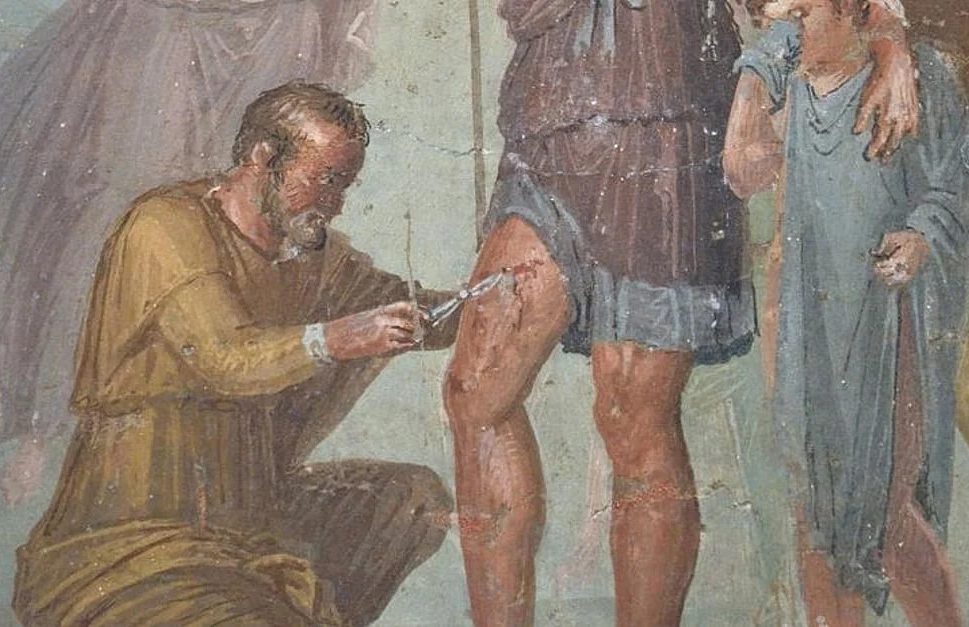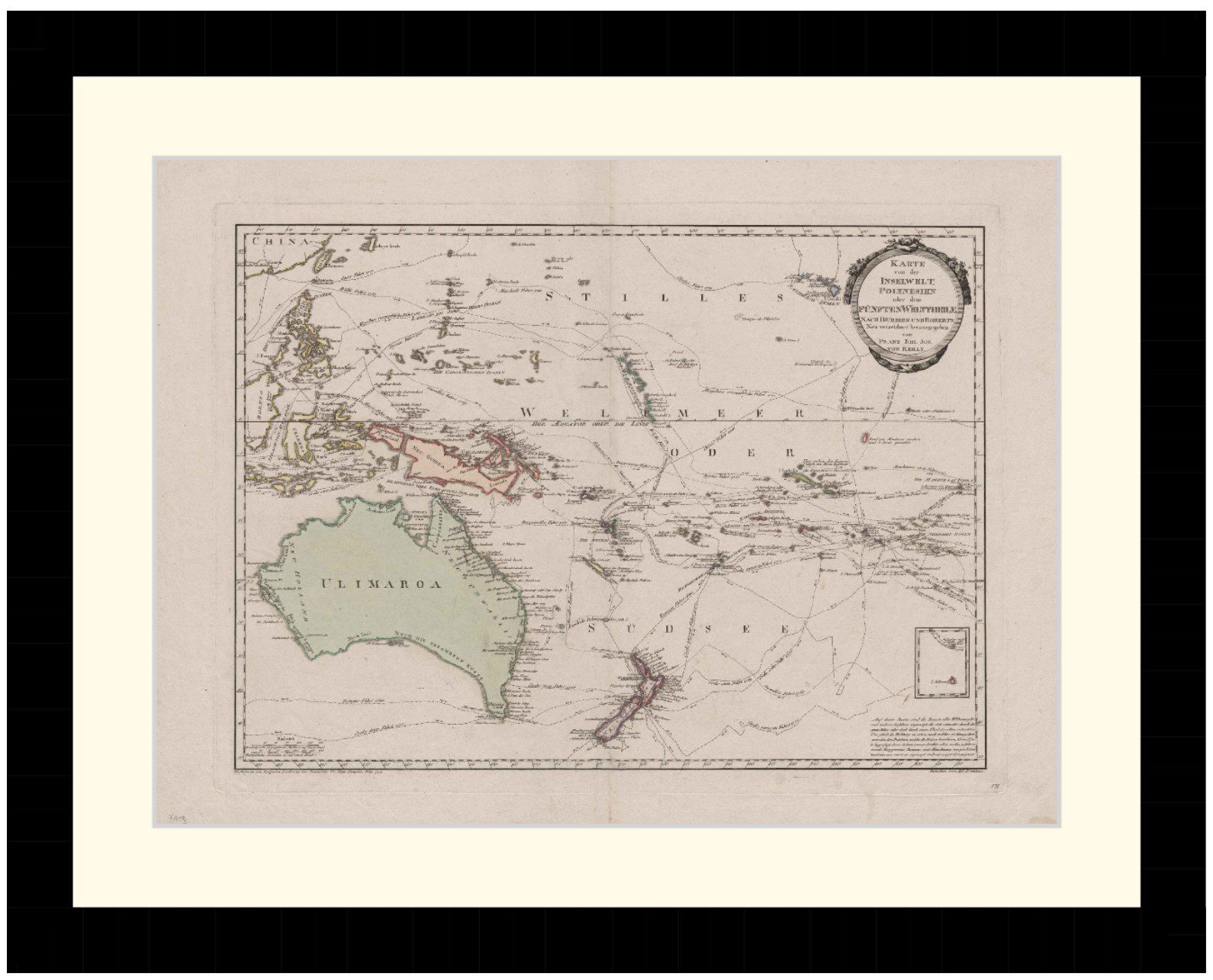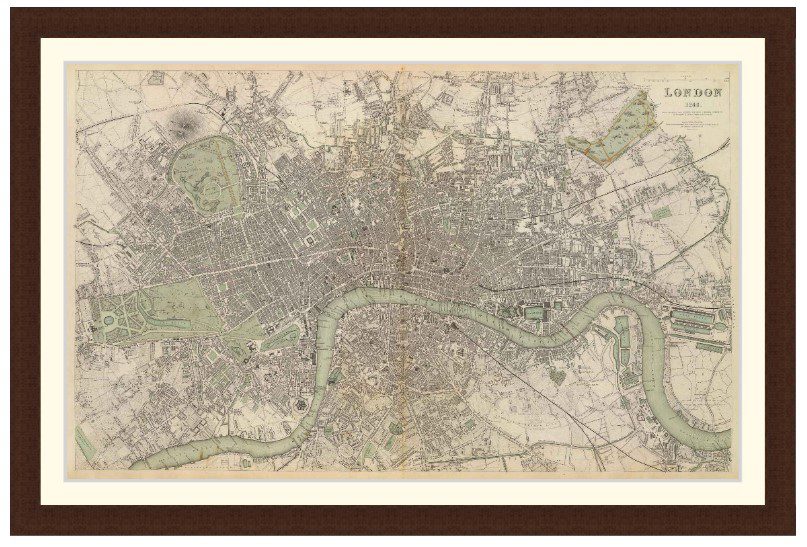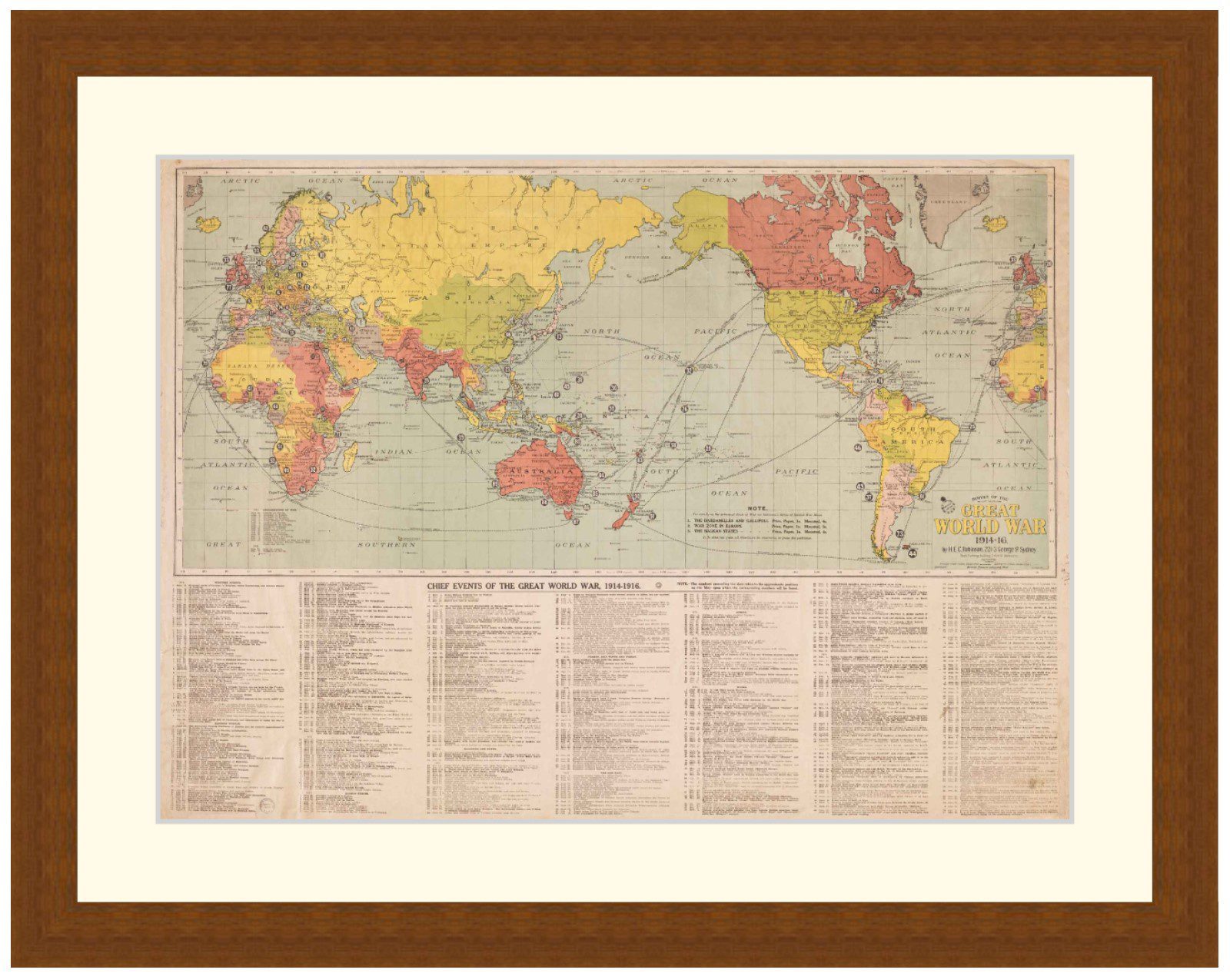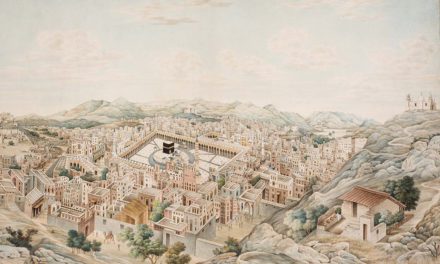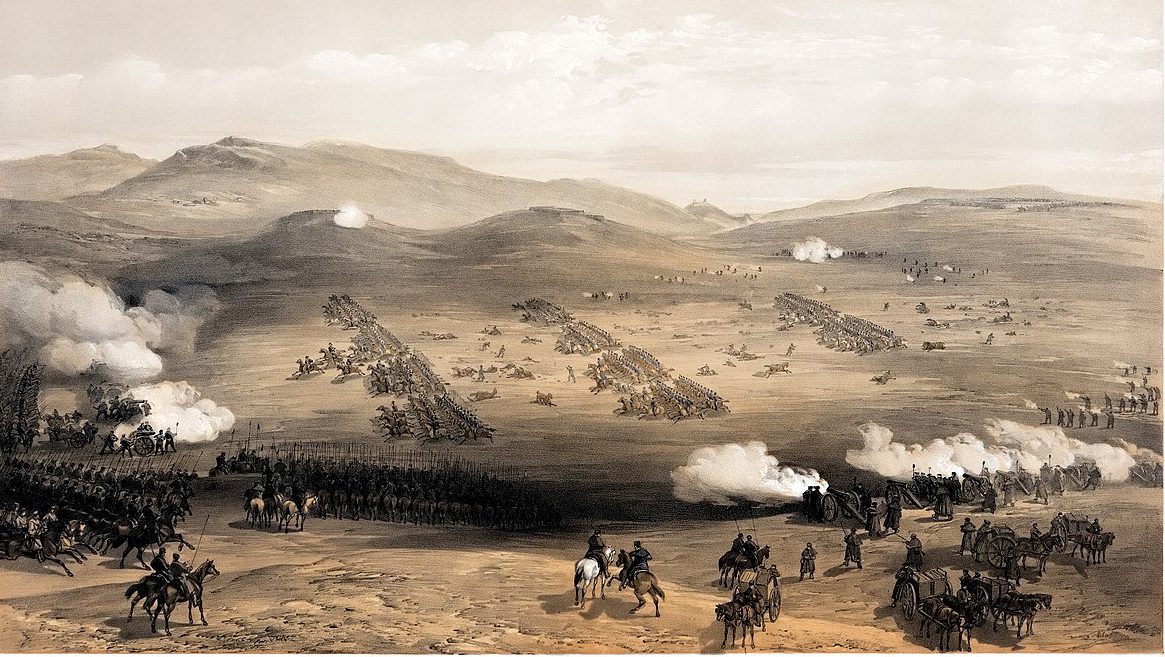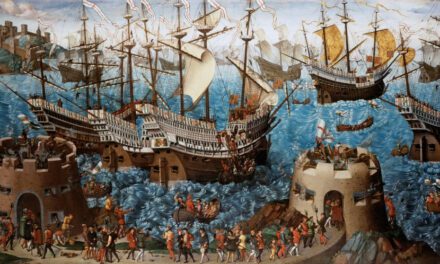History Guild General History Quiz 148
See how your history knowledge stacks up!
Want to know more about any of the questions? Scroll down to learn more!
Have an idea for a question? Suggest it here and we’ll include it in a future quiz!
The stories behind the questions
1. Who said “War is the only proper school for a surgeon.”
Hippocrates – A physician known as the father of medicine. He was active in Greece in the period 460-370 BCE and is most famous for the Hippocratic oath modern physicians swear.
2. What was significant about Julius Caesar’s crossing of the Rubicon with a legion?
It symbolised his entering of Roman territory under arms against the city – Julius Caesar’s crossing the Rubicon river on 10 January, 49 BC precipitated the Roman Civil War, which ultimately led to Caesar’s becoming dictator and the rise of the imperial era of Rome. Caesar had been appointed to a governorship over a region that ranged from southern Gaul to Illyricum (but not Italy). As his term of governorship ended, the Roman Senate ordered Caesar to disband his army and return to Rome. He was explicitly ordered not to take his army across the Rubicon river, which was at that time a northern boundary of Italy. In January of 49 BC, Caesar brought the 13th legion across the river, which the Roman government considered insurrection, treason, and a declaration of war on the Roman Senate.
3. The Tet Offensive was a significant battle in which conflict?
Vietnam War – In 1968 Hanoi launched the Tet offensive in the belief that it would trigger a popular uprising leading to the collapse of the South Vietnamese government. Although the initial attacks stunned the allies, causing them to lose control of several cities temporarily, they quickly regrouped, beat back the attacks, and inflicted heavy casualties on North Vietnamese and Viet Cong forces. The popular uprising anticipated by Hanoi never happened. During the Battle of Huế, intense fighting lasted for a month, resulting in the destruction of the city.
4. In 1963 who vetoed Britain’s application to join the European Economic Community?
French President Charles de Gaulle – De Gaulle was strongly opposed to British membership, stating that they were too close to the USA and the Commonwealth. It was only after his resignation in 1969 the Britain was able to negotiate entry to the EEC.
5. Which of these most recently became a state of the USA?
Washington – 1889
Kentucky – 1792
Massachusetts – 1788
Pennsylvania – 1787
6. Shown in 1869, which historic ship is this?
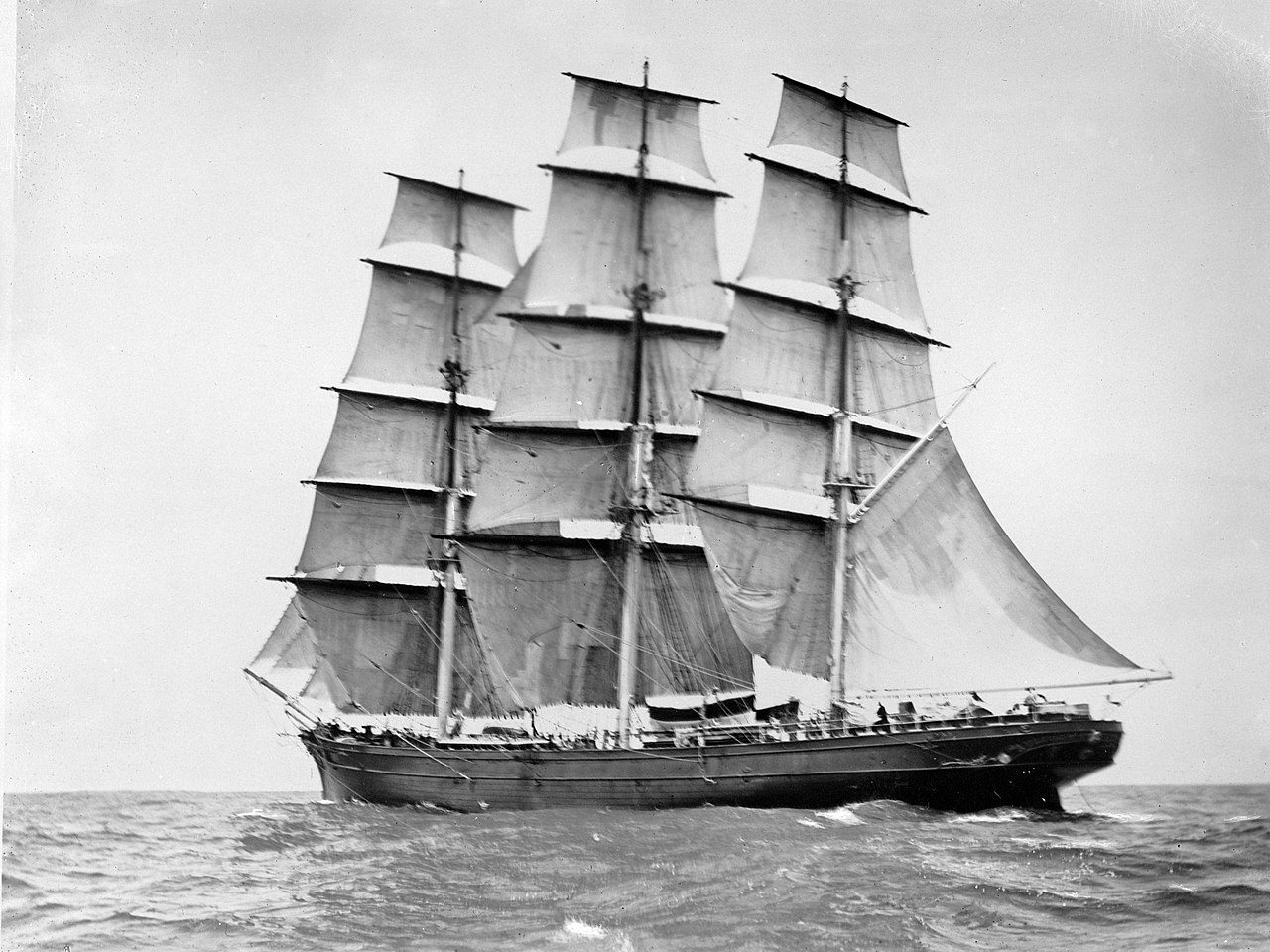
Cutty Sark – One of the last and fastest tea clippers to be built. They were designed to transport tea from China to Britain as quickly as possible. She was superseded by steamships within a decade of being launched.
7. Place the following events in order, earliest to latest:
Berlin Airlift, Construction of the Berlin Wall, Cuban Missile Crisis – The Berlin blockade and airlift was one of the first major international crises of the Cold War. During the multinational occupation of post–World War II Germany, the Soviet Union blocked the Western Allies’ railway, road, and canal access to the sectors of Berlin under Western control. It lasted from June 1948 to May 1949.
The Berlin Wall was constructed in 1961.
The Cuban Missile Crisis took place in 1962.
8. Where in Australia are the oldest structures built by Europeans?
The Abrolhos Islands – In 1629 the Dutch ship Batavia ran aground on the islands. The captain and a small party left in a boat to find help from nearby Dutch colonies. While he was away conflict broke out between soldiers, remaining crew and civilians, which led to the deaths of over 125 people, including many murders of civilians, women and children. Some of the soldiers built stone forts on the islands as part of this conflict.
9. In 1986 where did the Space Shuttle Challenger explode?
Florida, USA – Space Shuttle Challenger broke apart 73 seconds into its flight at 46,000 feet, off the coast of Cape Canaveral, Florida, killing all seven crew members aboard. The explosion was caused by cold temperatures which stiffened the rubber O-rings, reducing their ability to seal the joints. Shortly after launch the seals were breached, and hot pressurised gas leaked through the joint and caused the explosion. This was a known issue that had first been discovered in 1977. NASA’s failure to act upon numerous warnings was strongly criticised in the subsequent inquiry.
10. Where was the first legislation restricting the immigration of only one race of people enacted?
Victoria, Australia – In 1855 the Victorian colonial government enacted the Chinese Immigration Act. The Act limited the numbers of Chinese passengers on each ship arriving in the colony as well as imposing a £10 entry tax on each Chinese immigrant. Later Acts were even more racist, requiring Chinese people already living in Victoria to obtain licences to continue residing in the colony.

